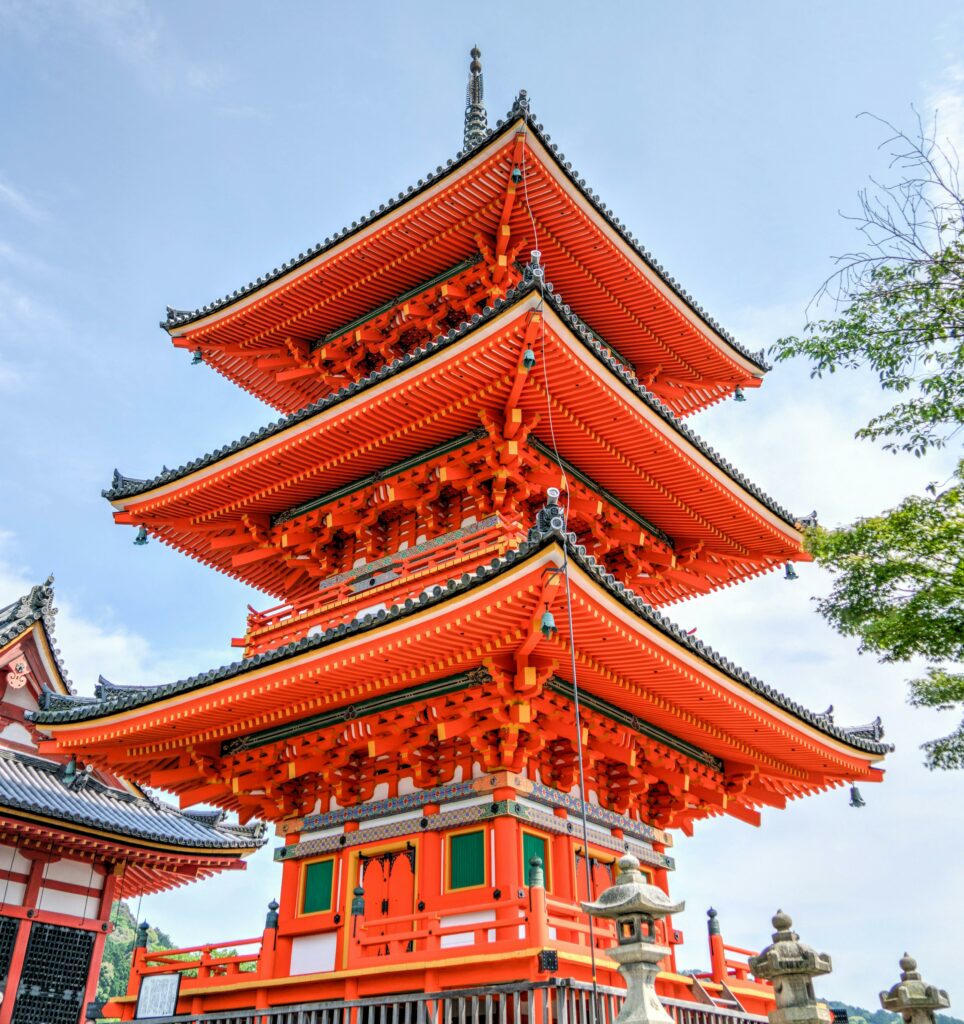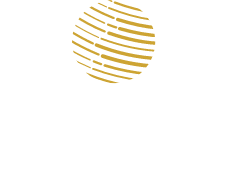Recruiting in Japan

Context
Japan, known for its dynamic population and constant innovation, presents vast opportunities for expanding companies. However, recruitment there is often complex due to specific regulations and unique working standards. Foreign companies can find the process daunting, due to distinct professional expectations and employees’ strong loyalty to their company. To recruit successfully in Japan, it’s essential to understand the local business culture and the rules of professional etiquette.
In Japan, recruiters use a variety of channels to advertise jobs and attract candidates. Here is an overview of the main channels used:

Formally welcome
When you meet a candidate for the first time, they'll probably bow and expect you to shake their hand. During conversations, be sure to address people by their surname, followed by the suffix " san ", which means "honourable", rather than referring to the candidate by his or her first name.
Respecting privacy
During your first meetings with potential candidates, refrain from asking questions that are too intimate. Avoid topics such as family, personal relationships, or even past work experience, as these may be deemed irrelevant to the recruitment process.
Finding the right channels
1- Japanese job boards
- Indeed Japan: Popular platform with a large audience. Offers both free and paid search options.
- Doda : Japan's leading job site, specializing in full-time and executive positions.
- Rikunabi Next: Popular platform for young graduates and students looking for their first job.
- Mynavi: offers similar services to Rikunabi, with job ads, company information and career advice.
- Wantedly: Job site focused on startups and growth companies. Offers a more informal approach, with an emphasis on corporate culture.
2- Social networks:
- LinkedIn: Professional networking platform useful for finding passive candidates and making contacts with Japanese professionals.
- X: Many Japanese companies use Twitter to promote their job offers and corporate culture.
3-Job fairs :
-Japan HR Forum: Tokyo's leading international job fair.
- キャリアパーク: A series of job fairs held throughout Japan.
Official language
Fluency in Japanese is essential for any recruiter considering working in Japan, as it is the country's official language and spoken by 99% of the population. However, although English is the second most widely spoken language in Japan, its level of fluency can vary considerably. In the big cities, where tourism and business are flourishing, you'll meet lots of people who speak English well. However, outside these urban centers, fluency in English is less widespread.
Essential information to consider when recruiting in Japan
Types of employment contracts:
The most protective contract for employees is the seishain (permanent employee, equivalent to CDI). It’s also the best perceived by Japanese society.
The keiyakushain is the equivalent of a CDD. His contract lasts from a few months to a year.
Trial period :
The trial period, although optional, is a frequent stage in the hiring process. Lasting between three and six months, it may not exceed one year, and is designed to assess the employee’s suitability for the position in question.
Working hours:
The standard working week in Japan is 40 hours. However, overtime is common, and the concept of “karōshi” (death by overwork) has drawn attention to the need to reduce excessive working hours.
Paid annual leave in Japan:
In Japan, employees are entitled to paid annual leave after working for the same company for six consecutive months. The number of paid vacation days then increases with the employee’s seniority:
|
Period |
Number of days of annual leave granted |
|
6 months to 1 year |
10 days paid vacation |
|
1 to 3 years |
11 days paid vacation |
|
3 to 5 years |
12 days paid vacation |
|
5 to 10 years |
15 days paid vacation |
|
10 to 20 years |
20 days paid vacation |
|
After 20 years |
25 days paid vacation |
Minimum wage in Japan :
The minimum wage in Japan is set by prefecture and varies according to the region’s level of economic development. It is revised every year in October.
In 2023, the average minimum hourly wage is 1,013 yen (around €7). It is 1,113 yen (approx. €8) in Tokyo, the prefecture where it is highest, and 737 yen (approx. €5) in Okinawa, the prefecture where it is lowest.
Here are some examples of minimum hourly wages in different prefectures in 2023:
|
City |
Minimum hourly wage |
|
Tokyo |
1,113 yen (approx. €7.82) |
|
Kanagawa |
1,112 yen (approx. €7.81) |
|
Saitama |
1,028 yen (approx. €7.23) |
|
Chiba |
1,025 yen (approx. €7.20) |
|
Aichi |
1,027 yen (approx. €7.22) |
|
Kyoto |
1,008 yen (approx. €7.04) |
|
Osaka |
1,064 yen (approx. €7.47) |
|
Hyogo |
1,000 yen (approx. €7.00) |
|
Okinawa |
737 yen (approx. €5.17) |
How can Salveo support you throughout the recruitment process?
Salveo, as a subsidiary of the Adit Group, is your preferred partner for overcoming local challenges, offering a comprehensive range of operational, recruitment and headhunting services.
- Close collaboration We work closely with your teams to define the ideal profile, taking into account the necessary skills and corporate culture.
- In-depth research We conduct in-depth searches on various platforms to identify potential candidates, including a headhunting approach.
- Rigorous selection We carefully select the most relevant profiles and provide you with detailed reports to help you make the right decision.
- Thorough background checks Thorough background checks: We carry out thorough background checks on candidates to ensure their reliability and suitability for the job.
Receive your personalized study
+33 (0)1 84 79 17 50
09h - 18h UTC+1
22 rue Georges Picquart75017 Paris
